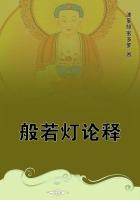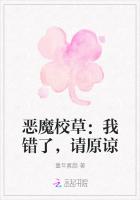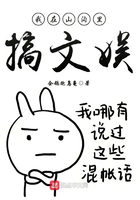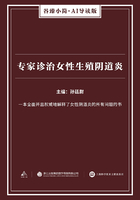"And better. Horas non numero nisi serenas.""And what's that?"
I translated literally. Dolly clapped her hands, and her face gleamed with smiles.
"I like that one," she cried.
"Stop!" said I imperatively. "You'll set it moving!""It's very sensible," said she.
"More freely rendered, it means, I live only when you--""By Jove!" remarked Archie, coming up behind us, pipe in mouth, "there was a lot of rain last night. I've just measured it in the gauge.""Some people measure everything," said I, with a displeased air.
"It is a detestable habit."
"Archie, what does Pereunt et imputantur mean?""Eh? Oh, I see. Well, I say, Carter!--Oh, well, you know, Isuppose it means you've got to pay for your fun, doesn't it?""Oh, is that all? I was afraid it was something horrid. Why did you frighten me, Mr. Carter?""I think it is rather horrid," said I.
"Why, it isn't even true," said Dolly scornfully.
Now when I heard this ancient and respectable legend thus cavalierly challenged, I fell to studying it again, and presently I exclaimed:
"Yes, you're right! If it said that, it wouldn't be true; but Archie translated it wrong.""Well, you have a shot," suggested Archie.
"The oysters are eaten and put down in the bill," said I. "And you will observe, Archie, that it does not say in whose bill.""Ah!" said Dolly.
"Well, somebody's got to pay," persisted Archie.
"Oh, yes, somebody," laughed Dolly.
"Well, I don't know," said Archie. "I suppose the chap that has the fun--""It's not always a chap," observed Dolly.
"Well, then the individual," amended Archie. "I suppose he'd have to pay.""It doesn't say so," I remarked mildly. "And according to my small experience--""I'm quite sure your meaning is right, Mr. Carter," said Dolly in an authoritative tone.
"As for the other motto, Archie," said I, "it merely means that a woman considers all hours wasted which she does not spend in the society of her husband.""Oh, come, you don't gammon me," said Archie. "It means that the sun don't shine unless it's fine, you know."Archie delivered this remarkable discovery in a tone of great self satisfaction.
"Oh, you dear old thing!" said Dolly.
"Well, it does you know," said he.
There was a pause. Archie kissed his wife (I am not complaining;he has, of course, a perfect right to kiss his wife) and strolled away toward the hothouses.
I lit another cigarette. Then Dolly, pointing to the stem of the dial, cried:
"Why, here's another inscription--oh, and in English?"She was right. There was another--carelessly scratched on the old battered column--nearly effaced, for the characters had been but lightly marked--and yet not, as I conceived from the tenor of the words, very old.
"What is it?" asked Dolly, peering over my shoulder, as I bent down to read the letters, and shading her eyes with her hand.
(Why didn't she put on her hat? We touch the Incomprehensible.)"It is," said I, "a singularly poor, shallow, feeble, and undesirable little verse.""Read it out," said Dolly.
So I read it. The silly fellow had written:
Life is Love, the poets tell us, In the little books they sell us; But pray, ma'am--what's of Life the Use, If Life be Love?
For Love's the Deuce.
Dolly began to laugh gently, digging the pin again into her hat.
"I wonder," she said, "whether they used to come and sit by this old dial just as we did this morning!""I shouldn't be at all surprised," said I. "And another point occurs to me, Lady Mickleham.""Oh, does it? What's that, Mr. Carter?"
"Do you think that anybody measured the rain gauge!"Dolly looked at me very gravely.
"I'm so sorry when you do that," said she pathetically.
I smiled.
"I really am," said dolly. "But you don't mean it, do you?""Certainly not," said I.
Dolly smiled.
"No more than he did!" said I, pointing to the sun dial.
And then we both smiled.
"Will this hour count, Mr. Carter?" asked Dolly, as she turned away.
"That would be rather strict," said I.















